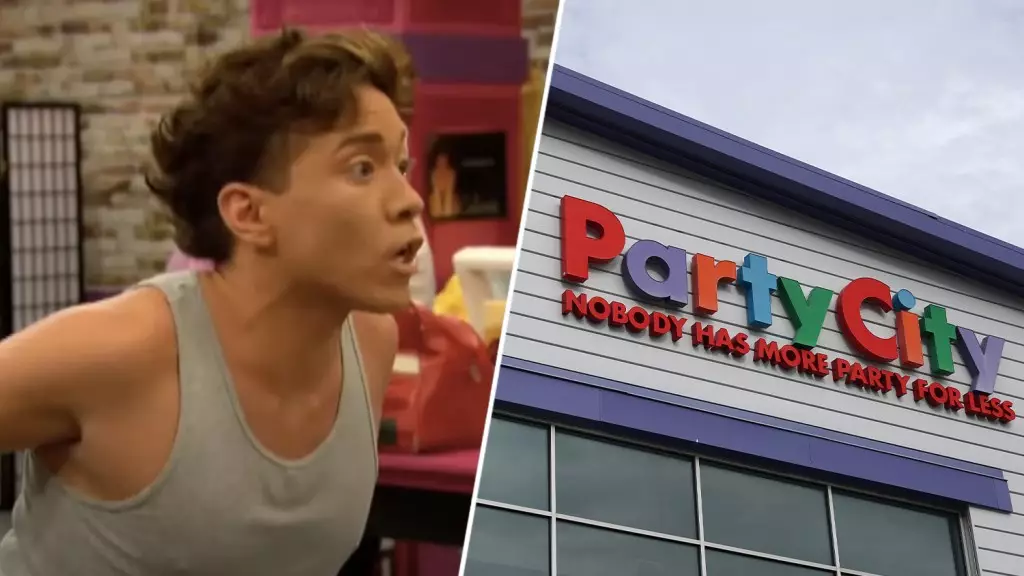The recent closure of Party City, a staple in the American party supplies market for 40 years, has taken many by surprise. The announcement of the abrupt shut-down, paired with the immediate termination of all employees without severance or benefits, has left a profound impact not only on those who worked there but also on the loyal customers who frequented the stores. The closing of such an iconic brand raises concerns about the stability of American retail and the broader implications for the economy at large.
In the wake of this shocking news, many loyal patrons took to social media to express their disbelief and sorrow, often employing humor as a coping mechanism. Tweets quickly flooded in, reflecting a sense of loss that transcended mere party supplies. One user drew humorous comparisons between the demise of Party City and other recent closures, remarking, “Party City shutting down, Big Lots shutting down, Government shutting down.” Such comments highlight a growing sentiment of frustration and disillusionment among consumers, who feel as if they are witnessing a collective unraveling of familiar institutions.
Pop culture references emerged as a means to process this loss. A particular moment from the reality show “RuPaul’s Drag Race” was resurrected in online discussions, where a contestant’s quip, “Go back to Party City where you belong,” resonated deeply with those lamenting the store’s closure. This blending of humor and nostalgia underscores how Party City had become more than just a retailer; it was part of a shared cultural memory for many.
The layoffs and immediate termination of staff during a time of economic uncertainty raises serious questions about corporate responsibility. Employees were informed in a video meeting that their employment would cease on what they thought to be an ordinary day at work. Such abrupt dismissals can have ramifications not only for those who lost their jobs but for the wider community, extending to local economies where these individuals spent their earnings.
The company’s leadership, including CEO Barry Litwin, has faced criticism for their lack of foresight and care in handling employee relations. The fact that these closures were announced with little warning reflects a trend in corporate America that often prioritizes profit margins over human well-being. In today’s competitive landscape, it is crucial for companies not only to remain economically viable but also to consider the impacts on their workforce and consumers, especially as society evolves more towards valuing sustainability and social responsibility.
As Party City exits the scene, it leaves behind not just the memories of birthday balloons and festive supplies but also a commentary on the current state of retail in America. The responses from customers indicate a longing for the sense of community that such stores foster. In a rapidly changing world, the closing of Party City signifies more than just a vacant storefront; it symbolizes broader shifts in consumer behavior and market dynamics.
The closure serves as a reminder of the fragility of brands that, while entrenched in the cultural fabric, can fall victim to changing market demands and economic pressures. What remains is the hope of carving out space for new avenues of retail that honor the past while innovating for the future. As the dust settles from this closure, both employees and customers are left to reflect on what this means for the institutions that once played significant roles in their lives.


Leave a Reply